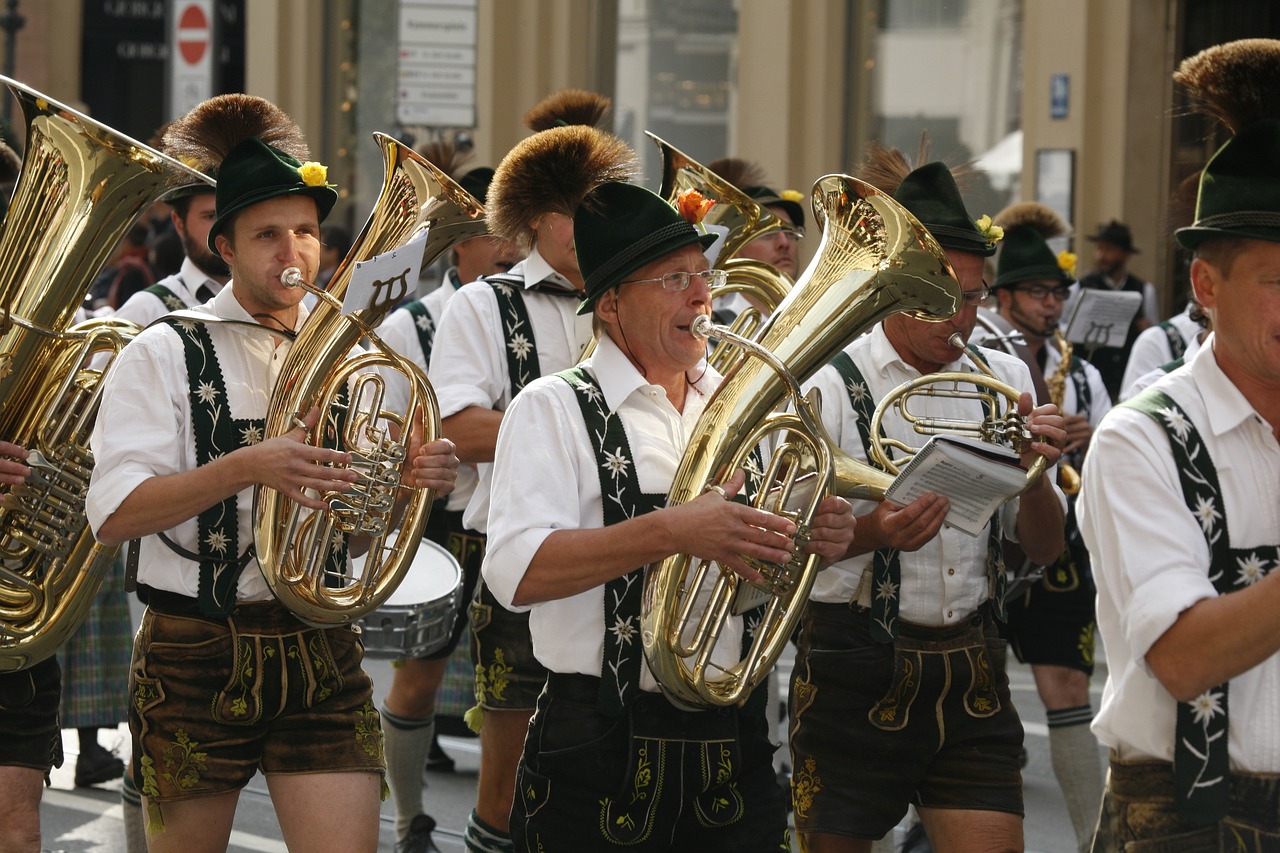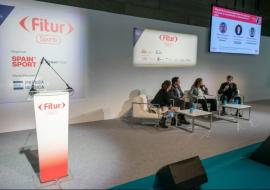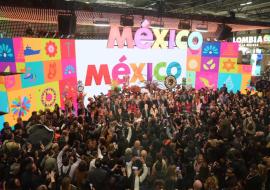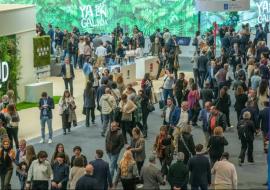Oktoberfest Increases Security Measures After Knife Attack in Germany

Security has been heightened at Munich's Oktoberfest following a deadly knife attack in Solingen, Germany, last month. The attack, which resulted in three deaths, has prompted authorities to introduce metal detectors for the first time in the festival’s 189-year history. Revelers are being warned to expect longer waits to enter as a result of these new security measures.
The Solingen attack, carried out by a 26-year-old Syrian asylum-seeker, has caused national shock and reignited debates over immigration policies in Germany. The Islamic State militant group claimed responsibility for the attack, though no direct evidence has been provided. In response, the German Interior Ministry extended temporary border controls across the country.
At Oktoberfest, authorities are taking no chances. Security will include more than 600 police officers, 2,000 security staff, and 50 surveillance cameras. Knives, glass bottles, and backpacks have been banned from the festival grounds, which will be fenced off. Munich Mayor Dieter Reiter emphasized the need for increased safety in light of the recent surge in knife attacks.
This is not the first time Oktoberfest has faced heightened security. In 2016, similar measures were introduced following a series of violent attacks in Germany, and memories of the 1980 Oktoberfest bombing, which killed 13 people, remain fresh in the minds of many attendees.
Experts like Peter Neumann of King’s College London support these enhanced security efforts, noting that large events such as Oktoberfest are prime targets for extremist groups looking to cause mass terror. Despite the challenges of securing an event with millions of attendees, officials are committed to ensuring a safe environment for all.
Festival organizer Clemens Baumgärtner has reassured the public that they will be safe, claiming Oktoberfest could be “the safest place in Germany” during the 16-day event.














